Window Seal Strip Adhesive Companies: Durable, Efficient Solutions
Aug . 31, 2025 02:00 Back to list
Window Seal Strip Adhesive Companies: Durable, Efficient Solutions
Introduction to Window Seal Strip Adhesive Manufacturing
In the highly specialized realm of industrial sealing solutions, the role of window seal strip adhesive companies is paramount. These entities are critical suppliers to construction, automotive, marine, and various other sectors, providing essential components that ensure energy efficiency, structural integrity, and protection against environmental elements. The demand for high-performance sealing solutions, particularly those involving advanced rubber and adhesive technologies, continues to grow as industries prioritize durability, sustainability, and compliance with stringent international standards. This comprehensive overview delves into the intricate world of window seal strip adhesive production, exploring key industry trends, technical specifications, and the pivotal role of specialized manufacturers.
Effective sealing is not merely about preventing leaks; it encompasses thermal insulation, sound dampening, vibration reduction, and resistance to harsh chemicals or extreme weather conditions. Modern building design, for instance, heavily relies on superior window seal strip adhesive products to achieve optimal U-values and air tightness, contributing significantly to energy conservation. Similarly, in automotive manufacturing, these seals are crucial for passenger comfort, noise reduction, and maintaining cabin integrity.
Industry Trends and Market Dynamics
The market for sealing solutions is dynamic, driven by innovation in materials science and evolving regulatory landscapes. Key trends impacting window seal strip adhesive companies include:
- Sustainable Materials: Increasing preference for eco-friendly and recyclable materials such as EPDM (Ethylene Propylene Diene Monomer) with higher recycled content, and non-toxic adhesives.
- Enhanced Performance: Demand for seals with superior thermal insulation properties, improved UV resistance, and longer service life, particularly in extreme environments.
- Smart Manufacturing: Adoption of Industry 4.0 principles, including automation, IoT sensors, and AI-driven quality control in the production process to ensure consistency and reduce waste.
- Customization: Growing need for bespoke solutions tailored to specific architectural designs or vehicle models, requiring sophisticated tooling and material blends.
- Global Supply Chain Resilience: Diversification of supply chains and a focus on localized production to mitigate risks associated with global disruptions.
The global market for industrial seals is projected to grow from USD 55.6 billion in 2023 to USD 74.3 billion by 2028, at a CAGR of 6.0%. This growth is propelled by escalating demand in the construction and automotive sectors, as well as the increasing adoption of advanced sealing technologies for improved energy efficiency and safety. (Source: MarketsandMarkets, "Industrial Seals Market - Global Forecast to 2028").
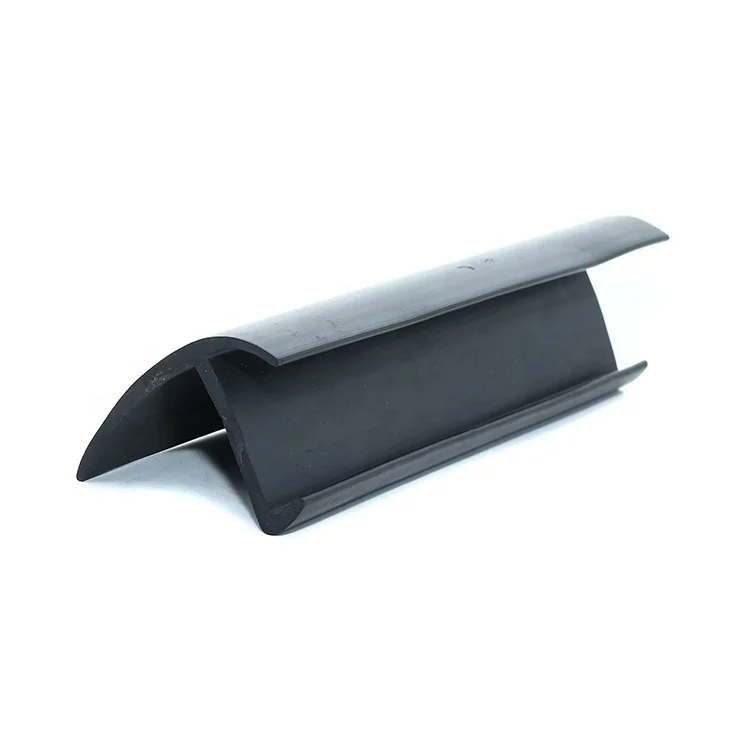
Figure 1: Advanced window seal strip adhesive product application.
Product Materials and Manufacturing Process Flow
The manufacturing of high-quality window seal strip adhesive products involves a meticulous process, beginning with material selection and culminating in rigorous quality control. Leading window seal strip adhesive factories leverage advanced polymer science and precision engineering.
Key Materials:
- EPDM Rubber: Excellent resistance to weathering, ozone, UV radiation, and extreme temperatures (-40°C to +120°C). Widely used for its durability and flexibility.
- Silicone Rubber: Superior high-temperature resistance (+200°C), excellent flexibility, and chemical inertness. Ideal for specific applications requiring medical-grade or food-grade compliance.
- PVC (Polyvinyl Chloride): Cost-effective, good resistance to abrasion, and available in various hardnesses. Often used for less demanding applications or as co-extruded components.
- TPE (Thermoplastic Elastomers): Combines the properties of rubber and plastic, offering good flexibility and recyclability.
- Adhesives: Pressure-sensitive adhesives (PSA) like acrylic, rubber-based, or silicone-based, providing strong, long-lasting bonds to various substrates.
Manufacturing Process Flow (Example: Extruded Rubber Gaskets):
The production of products like aluminium window rubber glazing gaskets typically follows these stages:
-
Material Compounding: Raw polymer (e.g., EPDM granules) is blended with additives such as curing agents, fillers (carbon black, silica), plasticizers, processing aids, and colorants in a high-shear mixer. This step is critical for achieving the desired physical properties (hardness, tensile strength, elasticity).
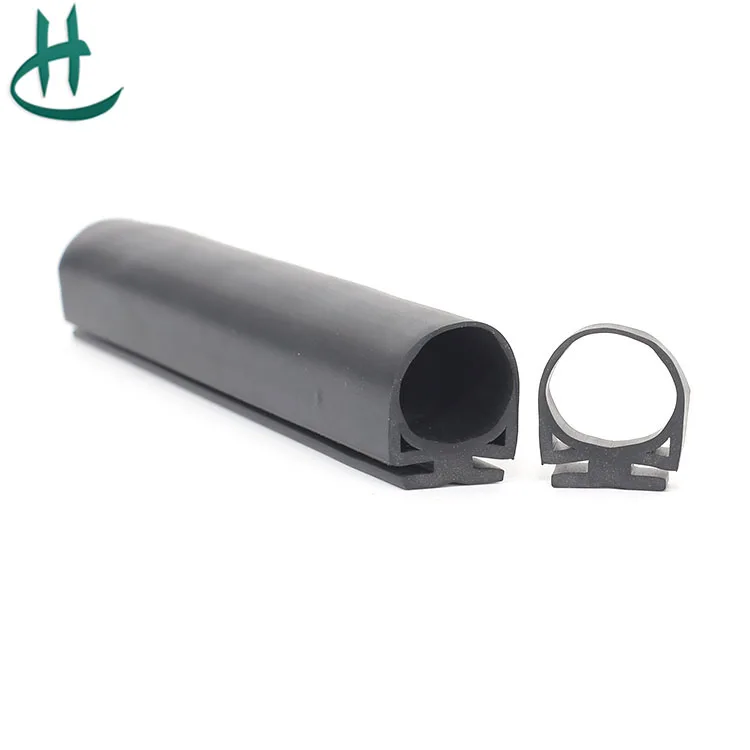
Figure 2: Precision material compounding for optimal performance.
- Extrusion: The compounded material is fed into an extruder, where it is heated and forced through a die to create the desired profile (e.g., a specific gasket shape). This continuous process is highly precise, ensuring uniform dimensions and surface finish. Some `window seal strip adhesive companies` utilize co-extrusion for multi-material profiles.
- Curing (Vulcanization): The extruded profile is then subjected to heat in a continuous curing oven or via a salt bath. This process, known as vulcanization, cross-links the polymer chains, transforming the material from a plastic-like state into a highly elastic and durable rubber. Curing parameters (temperature, time) are critical and strictly controlled.
- Adhesive Application (if applicable): For self-adhesive strips, a layer of pressure-sensitive adhesive (PSA) is applied to one side of the cured profile, often with a release liner. This ensures easy and secure installation.
- Cutting and Finishing: The continuous strip is cut to specified lengths. Additional processes may include punching holes, corner molding, or applying surface treatments.
- Quality Control and Testing: Each batch undergoes rigorous testing to ensure compliance with standards such as ISO 3302 (dimensional tolerances), ASTM D2000 (rubber properties), and specific industry standards (e.g., DIN, SAE). Tests include hardness (Shore A), tensile strength, elongation at break, compression set, ozone resistance, UV resistance, and accelerated aging. A leading window seal strip adhesive manufacturer will ensure these tests are routinely performed.
The service life of these products can extend from 10 to 30 years, depending on the material, application, and environmental conditions. Our products, such as the aluminium window rubber glazing gaskets, are engineered for long-term performance, offering exceptional energy saving and corrosion resistance in typical application scenarios.
Technical Specifications and Performance Parameters
Selecting the appropriate window seal strip adhesive requires a thorough understanding of its technical specifications. These parameters dictate the product's suitability for specific applications and its long-term performance.
Key Parameters for Rubber Glazing Gaskets:
- Hardness (Shore A): Typically ranges from 50 to 80 Shore A, influencing compression and sealing effectiveness.
- Tensile Strength (MPa): Indicates the material's resistance to breaking under tension (e.g., 5-15 MPa for EPDM).
- Elongation at Break (%): Measures the material's ability to stretch before breaking (e.g., 200-500% for EPDM).
- Compression Set (%): Quantifies the permanent deformation of the material after prolonged compression, critical for maintaining sealing force over time. Lower values are better (e.g.,
- Temperature Range: Operating temperatures, crucial for hot or cold climates. EPDM generally performs well from -40°C to +120°C.
- Ozone Resistance: Essential for outdoor applications to prevent cracking and degradation. EPDM offers excellent resistance.
- UV Resistance: Protection against solar radiation, preventing material breakdown and discoloration.
- Water Absorption (%): Low water absorption is critical to prevent swelling and degradation of sealing properties.
Typical Product Specification Table: Aluminium Window Rubber Glazing Gaskets
| Parameter | Unit | Value (EPDM 70 Shore A) | Testing Standard |
|---|---|---|---|
| Hardness | Shore A | 70 ± 5 | ISO 7619-1 |
| Tensile Strength | MPa | ≥ 8.0 | ISO 37 |
| Elongation at Break | % | ≥ 250 | ISO 37 |
| Compression Set (22h @ 70°C) | % | ≤ 20 | ISO 815 |
| Operating Temperature | °C | -40 to +120 | Internal Test |
| Ozone Resistance | Excellent | ISO 1431 | |
| Water Absorption | % change | < 3 | ASTM D570 |
These specifications ensure that window seal strip adhesive products provide consistent and reliable sealing performance over their expected service life, even under challenging conditions.
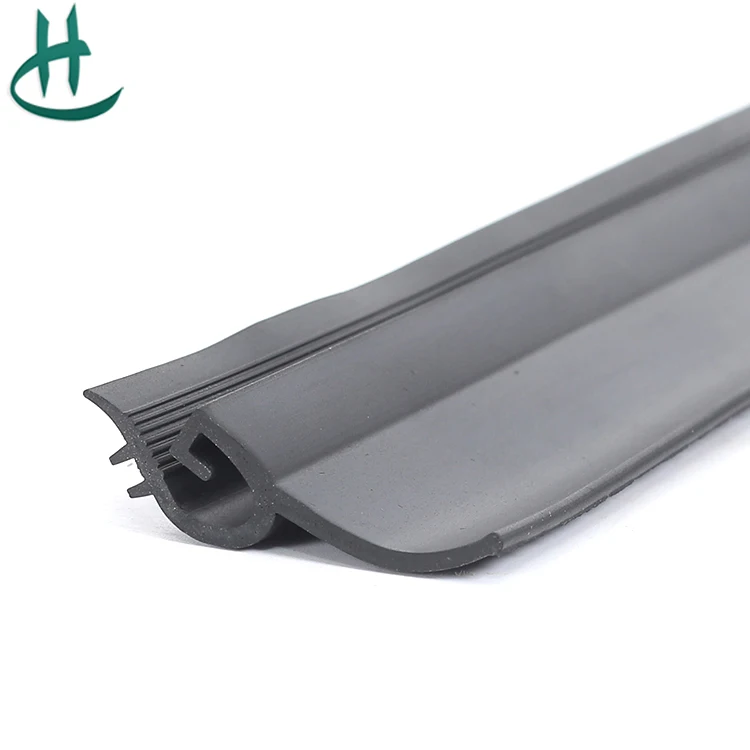
Figure 3: Quality control testing for sealing performance.
Application Scenarios and Target Industries
The versatility of window seal strip adhesive solutions makes them indispensable across a multitude of industries. Specialist window seal strip adhesive suppliers serve diverse markets with specific requirements.
- Building and Construction:
- Window and Door Glazing: Essential for weatherproofing, thermal insulation, and soundproofing in residential, commercial, and industrial buildings. Products like the aluminium window rubber glazing gaskets are ideal here.
- Curtain Wall Systems: Sealing joints and panels in modern glass facades to prevent water ingress and improve energy performance.
- HVAC Systems: Sealing ductwork and ventilation systems to prevent air leaks and maintain efficiency.
- Automotive Industry:
- Window Seals and Gaskets: Sealing windscreens, side windows, and rear windows to prevent water and wind noise.
- Door Seals: Ensuring a tight seal for car doors, contributing to cabin comfort and safety.
- Trunk and Hood Seals: Protecting engine compartments and luggage areas from dust and moisture.
- Marine and Aerospace:
- Hatch and Portlight Seals: Crucial for watertight integrity in marine vessels.
- Aircraft Window Seals: Meeting stringent safety and pressure containment requirements.
- Industrial Equipment:
- Enclosure Sealing: Protecting electrical cabinets, control panels, and outdoor equipment from dust, moisture, and chemicals.
- Appliance Seals: Used in refrigerators, ovens, and washing machines for thermal and acoustic sealing.
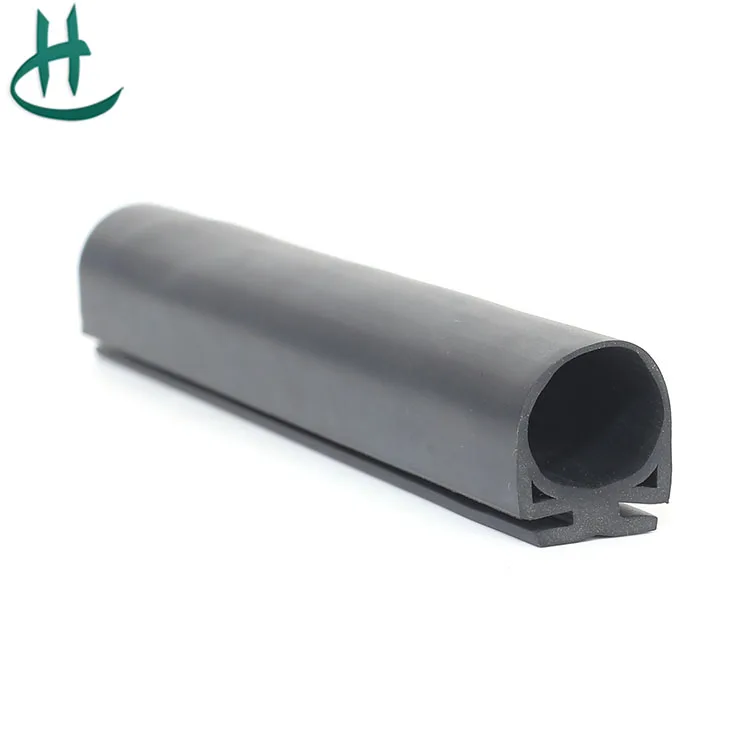
Figure 4: A custom sealing profile for a specialized industrial application.
Technical Advantages and Benefits
The deployment of high-quality window seal strip adhesive solutions offers a multitude of technical advantages and significant benefits for end-users and project developers.
- Superior Weather Resistance: EPDM and silicone-based seals provide exceptional resistance to ozone, UV radiation, rain, snow, and extreme temperatures, ensuring long-term performance without degradation. This reduces maintenance costs and extends product life.
- Enhanced Energy Efficiency: By creating airtight and waterproof seals, these products drastically reduce air infiltration and heat loss/gain. This translates directly into lower energy consumption for heating and cooling, providing substantial energy saving over the lifespan of a building or vehicle.
- Acoustic Insulation: Dense rubber compounds effectively dampen sound transmission, contributing to quieter interior environments in buildings and vehicles. This is a critical factor for occupant comfort and compliance with noise reduction regulations.
- Vibration Dampening: The elastic properties of rubber seals absorb and mitigate vibrations, protecting sensitive components and improving structural longevity, particularly in dynamic applications like automotive and machinery.
- Corrosion Resistance: Unlike metal components, rubber seals are inherently resistant to corrosion from moisture, chemicals, and pollutants, which is crucial in harsh industrial or marine environments. This protects the underlying structure and maintains aesthetic appeal.
- Chemical Resistance: Specialized materials, such as specific grades of EPDM or silicone, offer resistance to various chemicals, oils, and solvents, making them suitable for industrial processing environments where exposure to aggressive substances is common.
- Ease of Installation: Many window seal strip adhesive products are designed for straightforward installation, often featuring self-adhesive backing or snap-in profiles, reducing labor costs and installation time.
These benefits collectively underscore the value proposition offered by reputable window seal strip adhesive companies, delivering not just components but integrated solutions for enhanced performance and operational efficiency.
Vendor Comparison and Selection Criteria
Choosing the right window seal strip adhesive exporter or manufacturer is a critical decision for any B2B purchaser. The selection process should extend beyond mere cost to encompass a holistic evaluation of capabilities, quality, and support.
Key Criteria for Vendor Evaluation:
- Certifications and Quality Standards: Look for ISO 9001 (Quality Management), ISO 14001 (Environmental Management), and industry-specific certifications (e.g., IATF 16949 for automotive, ASTM, DIN).
- Experience and Reputation: Assess the vendor's years in service, client testimonials, and case studies. A long-standing `window seal strip adhesive company` often signifies reliability.
- Technical Expertise and R&D: Evaluate their capability for material science innovation, custom profile design, and engineering support.
- Manufacturing Capabilities: Modern machinery (e.g., precision extrusion lines), capacity for high-volume production, and adherence to tight tolerances.
- Customization Options: Ability to produce bespoke profiles, specific material compounds, and integrated adhesive solutions.
- Supply Chain Resilience: Robust logistics, lead time consistency, and global distribution networks for `window seal strip adhesive exporters`.
- After-Sales Support: Warranty, technical assistance, and responsiveness to issues.
Comparison Table: Leading Window Seal Strip Adhesive Manufacturers (Illustrative)
| Feature/Vendor | Manufacturer A (Generalist) | Manufacturer B (Specialist - e.g., Pulongte) | Manufacturer C (Budget) |
|---|---|---|---|
| Primary Focus | Broad Industrial Seals | High-Performance Window/Door Gaskets | Standard Commercial Seals |
| Material Range | EPDM, Neoprene, PVC | EPDM, Silicone, TPE (Custom Compounds) | PVC, Basic EPDM |
| Customization Capacity | Moderate | High (Design, Material, Adhesive) | Low (Standard Profiles Only) |
| Certifications | ISO 9001 | ISO 9001, ISO 14001, RoHS, REACH | Basic QC |
| R&D Investment | Medium | High (Material Science, Profile Optimization) | Low |
| Typical Lead Time | 4-6 Weeks | 3-5 Weeks (for Custom Orders) | 2-4 Weeks (for Stock Items) |
This comparison highlights that specialized `window seal strip adhesive companies` like Pulongte offer enhanced value through superior material science, comprehensive quality assurance, and tailored solutions, justifying a potentially higher initial investment with long-term performance and reliability.
Customized Solutions and Design Flexibility
Modern architectural and industrial projects frequently demand bespoke sealing solutions that off-the-shelf products cannot fulfill. Leading window seal strip adhesive companies excel in providing comprehensive customized services, from initial design consultation to prototype development and mass production.
- Profile Design and Tooling: Utilizing CAD/CAM software, engineers work closely with clients to develop unique extrusion profiles that perfectly match the application's geometry and sealing requirements. This includes creating complex multi-lumen or co-extruded profiles.
- Material Formulation: Custom compounding allows for tailoring material properties—such as hardness, color, UV resistance, flame retardancy, or chemical resistance—to meet specific performance criteria and environmental conditions.
- Adhesive Backing: Selecting the optimal adhesive type (acrylic, rubber-based, silicone) and bond strength for different substrates (metal, glass, plastic) and environmental exposures.
- Length and Packaging: Providing cut-to-length solutions, specific packaging (e.g., coils, spools, straight lengths), and kitting for streamlined assembly processes.
- Secondary Operations: Including punching, drilling, corner molding, vulcanized splices for endless gaskets, and surface treatments.
This ability to offer highly specialized `window seal strip adhesive products` ensures optimal integration, superior performance, and ultimately, greater project success.
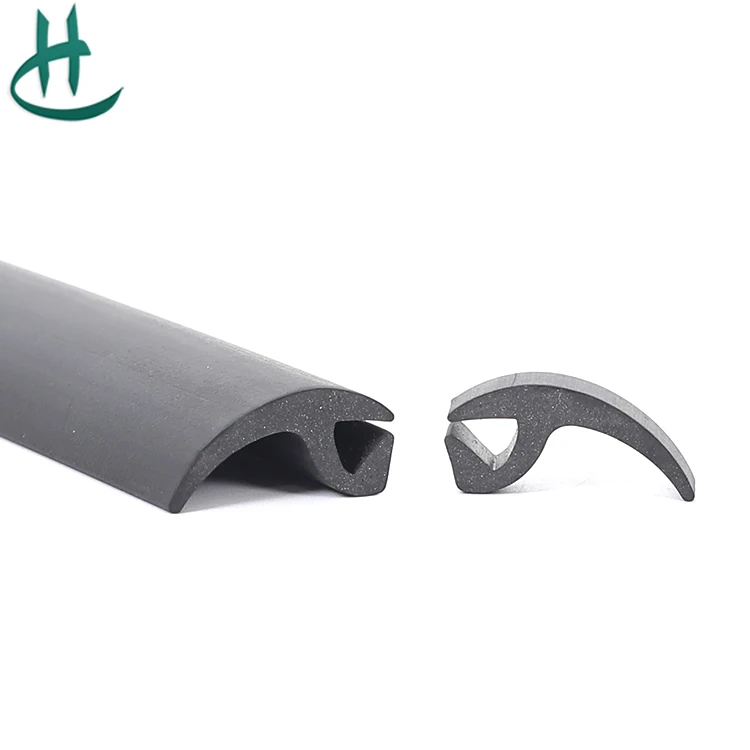
Figure 5: Custom profile extrusion, demonstrating design flexibility.
Application Case Studies and Customer Feedback
Real-world applications demonstrate the practical advantages of high-quality window seal strip adhesive solutions.
Case Study 1: High-Rise Commercial Building Glazing
A prominent real estate developer sought advanced sealing solutions for a new high-rise office building in a coastal city, requiring exceptional wind, water, and thermal performance. Our team provided custom-designed EPDM `aluminium window rubber glazing gaskets` with an integrated adhesive layer. The client reported a 25% improvement in building envelope air tightness compared to their previous projects, contributing to a lower LEED certification score. The superior UV and ozone resistance of our EPDM gaskets ensured long-term durability in the challenging coastal environment.
Customer Feedback: "The gaskets supplied by Pulongte exceeded our expectations for performance and ease of installation. Their technical support throughout the design phase was invaluable, leading to significant energy savings for our client." - Project Manager, Elite Developments.
Case Study 2: Automotive Electric Vehicle (EV) Battery Enclosure
An emerging EV manufacturer needed a highly durable and flame-retardant seal for their battery enclosures, critical for safety and protection against moisture and dust. We engineered a specialized silicone-based window seal strip adhesive profile that met UL 94 V-0 flame retardancy standards and IP67 ingress protection requirements. The excellent compression set resistance of silicone ensured a consistent seal over thousands of battery access cycles.
Customer Feedback: "The customized silicone seals were perfect for our battery enclosures. They provided the required thermal stability and environmental protection, which is non-negotiable for EV components. A reliable `window seal strip adhesive manufacturer` is essential." - Head of Engineering, ElectroDrive Inc.

Figure 6: A specialized seal for an industrial enclosure application.
Quality Assurance, Certifications, and Partnerships
Authoritativeness and trustworthiness are built upon consistent quality and adherence to global standards. As a leading window seal strip adhesive company, we are committed to upholding the highest benchmarks in every aspect of our operations.
Certifications:
- ISO 9001:2015: Our Quality Management System ensures consistent product quality and customer satisfaction through well-defined processes and continuous improvement.
- ISO 14001:2015: Demonstrates our commitment to environmental responsibility through effective environmental management.
- RoHS & REACH Compliance: Our products adhere to strict regulations regarding hazardous substances, ensuring environmental safety and consumer protection.
- ASTM & DIN Standards: Products are tested and conform to relevant American Society for Testing and Materials (ASTM) and German Institute for Standardization (DIN) specifications, among others.
Partner Clients and Years of Service:
With over two decades of experience in the industry, we have established long-term partnerships with reputable firms in construction, automotive, and industrial sectors globally. Our client portfolio includes major window fabricators, leading automotive OEMs, and international industrial equipment manufacturers. Our consistent delivery of high-quality `window seal strip adhesive products` has earned us a reputation for reliability and excellence.
Trustworthiness: FAQ, Lead Time, Warranty, and Support
Building trust with our B2B partners is paramount. We provide transparent information regarding our processes, commitments, and support.
Frequently Asked Questions (FAQ):
- Q1: What is the typical lead time for custom window seal strip adhesive orders?
- A1: For custom tooling and initial production, lead times typically range from 4 to 6 weeks, depending on complexity. Repeat orders usually ship within 3-4 weeks.
- Q2: What is your minimum order quantity (MOQ) for custom profiles?
- A2: MOQs vary based on the profile size and material. Please contact our sales team with your specific requirements for a detailed `window seal strip adhesive quotes`.
- Q3: Do your products come with a warranty?
- A3: Yes, all our products are covered by a standard 2-year warranty against manufacturing defects. Extended warranties can be negotiated for specific projects.
- Q4: Can you assist with material selection for specific applications?
- A4: Absolutely. Our technical team offers extensive consulting services to help you choose the optimal material and profile design for your unique application requirements.
Lead Time and Fulfillment Details:
We maintain robust production schedules and efficient logistics. For standard orders, fulfillment typically takes 2-3 weeks from order confirmation. Custom orders, involving new tooling, require an additional 2-3 weeks for tooling development and prototyping. We utilize a network of trusted logistics partners to ensure timely and secure delivery globally, positioning us as reliable `window seal strip adhesive exporters`.
Warranty Commitments:
Our confidence in our manufacturing processes and material quality allows us to offer a comprehensive warranty. This covers material defects and manufacturing faults, ensuring that our `window seal strip adhesive products` perform as specified for their intended lifespan. Detailed warranty terms are available upon request.
Customer Support Information:
Our dedicated customer support team is available from Monday to Friday, 9:00 AM to 5:00 PM (GMT+8). We provide technical assistance, order tracking, and prompt resolution of any inquiries or issues. Contact us via email at sales@pulongte.com or call us directly. Our goal is to ensure seamless communication and support for all our partners.
Conclusion and Future Outlook
The landscape of sealing technology is continuously evolving, driven by demands for greater efficiency, sustainability, and performance. `Window seal strip adhesive companies` play a crucial role in meeting these demands, supplying essential components that underpin critical infrastructure and products across diverse industries. By focusing on advanced materials, precision manufacturing, stringent quality control, and customer-centric customization, manufacturers can continue to drive innovation and provide superior sealing solutions. The future points towards even more intelligent materials, automated production, and integrated smart sealing systems that will redefine industry benchmarks.
References
- MarketsandMarkets. "Industrial Seals Market - Global Forecast to 2028." Published October 2023.
- ISO. International Organization for Standardization. ISO 9001:2015, ISO 14001:2015, ISO 3302, ISO 37, ISO 815, ISO 1431.
- ASTM International. American Society for Testing and Materials. ASTM D2000, ASTM D570.
- Rubber Manufacturers Association (RMA). "Rubber Handbook."
- European Chemicals Agency (ECHA). REACH and RoHS Regulations.
-
Comprehensive Guide to White PVC Material: Benefits, Applications & Innovations
NewsNov.24,2025
-
Flat Hard Plastic PP Flexible Strips: Durable, Flexible, and Sustainable Solutions for Modern Industry
NewsNov.24,2025
-
Understanding Soft PVC Slip Cover Tuck Grip – Global Uses & Benefits
NewsNov.23,2025
-
Discover the Practical Benefits and Global Use of Square Plastic Tubes
NewsNov.23,2025
-
Understanding Led Lampshade Diffuser PC Covers – Benefits, Trends & Buying Guide
NewsNov.22,2025
-
Durable, Cost-Effective PVC Rectangular Grey Tube for Frame Solutions | Pulongte
NewsNov.22,2025
